The Dark Knight
From: The Arkham Sessions Podcast, Episode 153: “The Dark Knight”
Against the burden of a crisis, there is an undeniable appeal of retaliation, revenge, and wanting to "watch the world burn." Brian and Drea discuss the social and psychological messages of the standout 2008 Batman film, The Dark Knight.
———
"And here we go!"
After several years of exploring the psychology of Batman, Brian and Drea finally discuss Christopher Nolan's acclaimed film, The Dark Knight (2008).
Of course, the standout character in this movie is the Joker, and in The Dark Knight, he is as creepy and captivating as ever. With genius, the late Heath Ledger captures the characterological features that are recognized as essential to this remarkable villain: he is hostile, impulsive, homicidal, and remorseless. The Joker is, at his core, an adrenaline-seeker, finding great thrill in high-risk, life-threatening antics.
Heath Ledger's Joker adds some interesting and unique elements. As an anarchistic terrorist, he wants to show that all members of society are fundamentally immoral and corrupt, that there's an inherent poison in everyone's psyche. Joker calls it "madness." And he sets to prove this by terrorizing the city, commandeering the underground crime system, disempowering the mobsters, and targeting two heroic figures in particular: Harvey Dent and the Batman.
As the film unfolds, we're meant to question our definitions of "heroes" and even reconsider the reasoning of Joker's theories. In times of crisis and trauma, there is an undeniable appeal of retaliation, revenge, and wanting to "watch the world burn."
Brian and Drea deconstruct the film's social messages (contextualizing them in the challenges we face today) and attempt to answer the question of whether the Joker actually had any sense at all buried in his freakish personality. Overall, we agree that The Dark Knight enriches the Batman narrative with cogent psychological themes that help us better understand our own emotions, behavior, and motivations.
